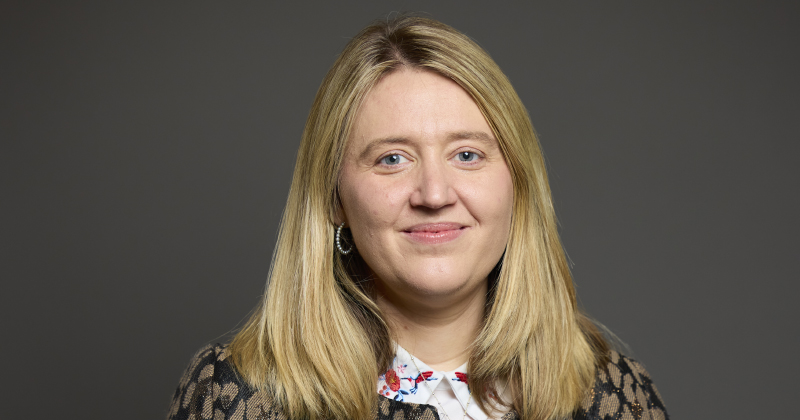Children with SEND from poorer homes are less likely to secure an education, health and care plan and access a special school place, a new study has found.
Charity the Sutton Trust has warned of a “double disadvantage” for children with SEND from poorer families, who “are less able to navigate the system than more affluent parents”.
Researchers surveyed 4,000 parents to understand why children who are from a lower socio-economic background and have SEND have some of the poorest education outcomes of all pupil groups.
It is thought to be the first study to evidence the assertion that families from wealthier backgrounds can access the SEND system more easily.
They found, through a survey by Public First, that 74 per cent of middle class parents had EHCPs granted without issue or after tribunal, compared to just 66 per cent of those from lower incomes.
Looking at just tribunal success, 22 per cent of wealthier families were successful compared to 15 per cent of poorer families.
Better-off families more likely to spend money
Sixty-five per cent of working class parents spent no money on their EHCP application, compared to only 29 per cent of middle class parents.
Also, 11 per cent of middle class parents spent over £5,000 on their application, compared to just 1 per cent of working class parents. This is despite the intention of it being cost free.
The EHCP success rate was 69 per cent for those who spend less than £5,000 but it soared to 90 per cent for those who spent £5,000 or more. However, the Sutton Trust pointed out that only 49 parents in the survey spent over £5,000.
Parents are spending money on private assessments – with 21 per cent of middle class families having utilised this, while 23 per cent paid for a SEND consultant, compared to just 9 and 7 per cent respectively of working class parents.
Better-off families were also more likely to secure a special school place for their child – 41 per cent compared to just 25 per cent of low income parents.
Families with a child in special school reported higher levels of satisfaction and positive impact – which the charity said highlighted a “challenge” for greater inclusion in mainstream schools.
Minister decries ‘stark inequalities’
Middle class parents were more likely to be happy with the support their children with SEND were receiving in terms of academic performance, behaviour, interpersonal relationships, pastoral care, and other areas.
Nick Harrison, Sutton Trust chief executive, said it was “unacceptable” that a child’s background can dictate whether they get the help they need to thrive and be happy at school”.
“Right now, disadvantaged kids with SEND are being failed by a system beset with inconsistency and mind-boggling bureaucracy. Getting the right support for a child shouldn’t be about a parent’s ability to pay. We need urgent action to make the system work better for everyone.”

Schools minister Georgia Gould said the report “lays bare how badly children with SEND have been let down and denied the opportunities and support they deserve.
“Our mission is to break down barriers to opportunity so every child, not just the privileged few, can achieve and thrive.
“I’ve met parents who’ve had to fight every step of the way and we will not stand by whilst they continue to face a system that has failed them for far too long.
“That’s why we’re building a system with improved training for teachers, £740 million to help create more specialist school places and earlier intervention for speech and language needs – reassuring parents that support will be available for, as routine at the earliest stage.”








Your thoughts